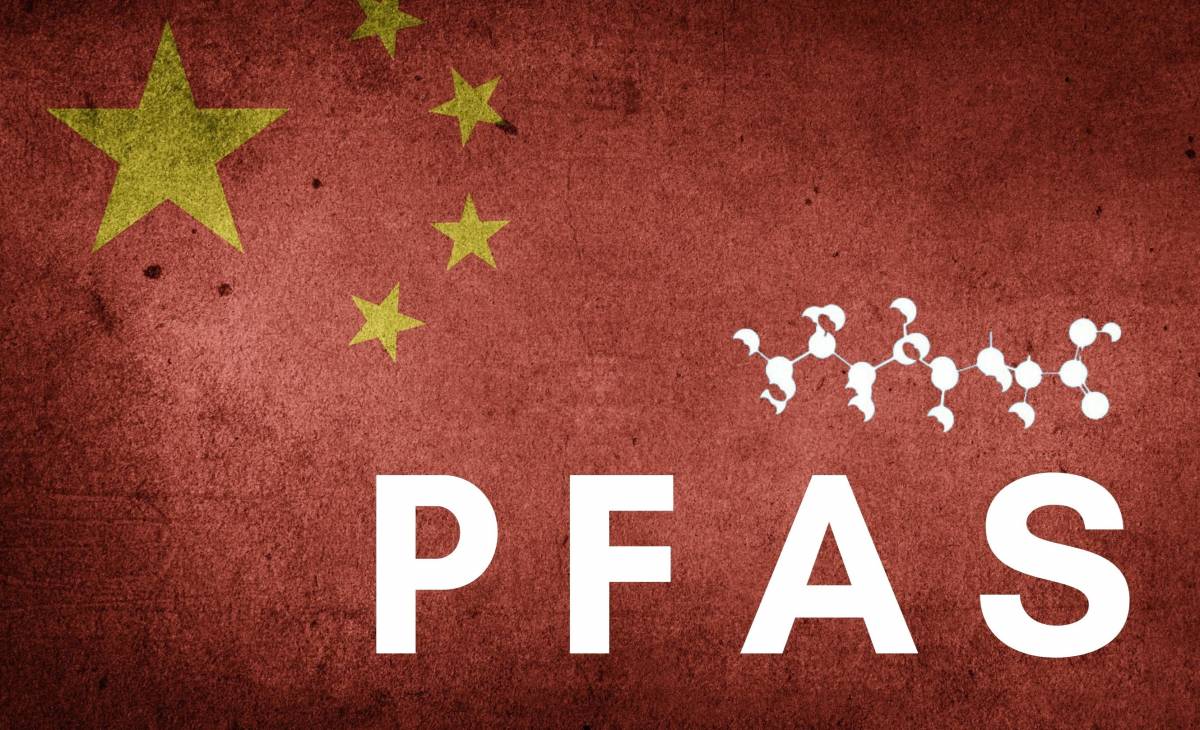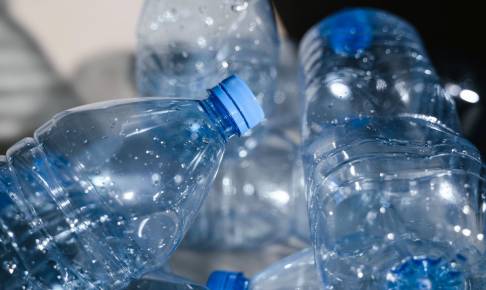Chinese researchers found that PFAS levels in food are still safe
China researchers searched for per- and polyfluoroalkyl substances (PFASs) in various types of foods. PFAS are chemicals that are widely used in industrial products to protect surfaces from deterioration. These molecules can accumulate in the body and they can harm human health. Several industrial food producers used PFASs in food packaging, causing concerns in some nations.
China is one of them, and recently, Chinese researchers wanted to determine PFAS levels in various food products. There is not an international regulation on PFAS, but different tolerable daily intakes (TDIs) have been established by different agencies such as EFSA or Food Standards Australia New Zealand. Researchers used the lowest global TDI for each different PFAS to perform the risk assessment. They analyzed seafood, milk, baby food, vegetable and meat, but none of them had PFAS level above the limit. Then, they added up the daily intakes from various foods to simulate a person’s daily diet, and the levels were still within EFSA’s standards, indicating that they will not bring severe damages to human health.
Despite the good outcome of the research, China’s government wants to keep under close supervision PFAS levels. In 2019, China’s Ministry of Ecology and Environment announced that the government wanted to ban the production and use of PFOA, one of the most dangerous PFAS for human health. The management and supervision of PFASs in food contact material will continue to be the major task for Chinese food control authorities.
Source:






















